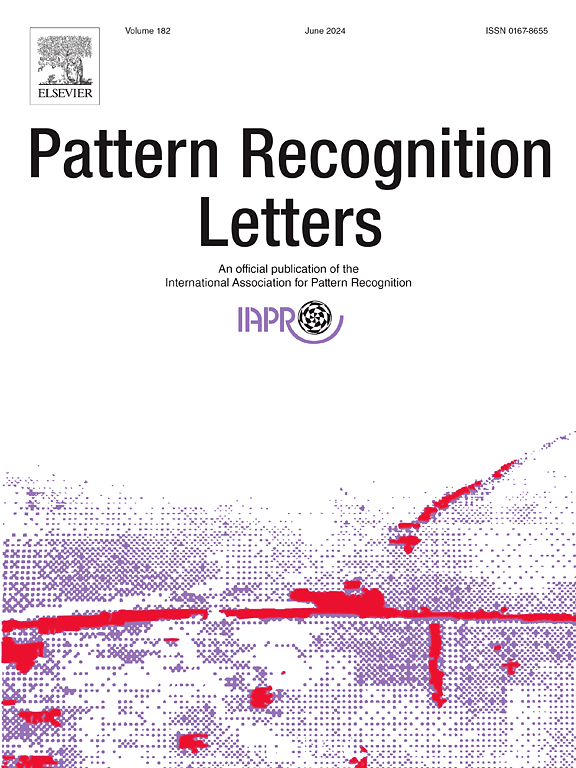SYNAuG: Exploiting synthetic data for data imbalance problems
IF 3.9
3区 计算机科学
Q2 COMPUTER SCIENCE, ARTIFICIAL INTELLIGENCE
引用次数: 0
Abstract
Data imbalance in training data often leads to biased predictions from trained models, which in turn causes ethical and social issues. A straightforward solution is to carefully curate training data, but given the enormous scale of modern neural networks, this is prohibitively labor-intensive and thus impractical. Inspired by recent developments in generative models, this paper explores the potential of synthetic data to address the data imbalance problem. To be specific, our method, dubbed SYNAuG, leverages synthetic data to equalize the unbalanced distribution of training data. Our experiments demonstrate that although a domain gap between real and synthetic data exists, training with SYNAuG followed by fine-tuning with a few real samples allows us to achieve impressive performance on diverse tasks with different data imbalance issues, surpassing existing task-specific methods for the same purpose.

SYNAuG:利用合成数据解决数据不平衡问题
训练数据中的数据不平衡往往会导致训练模型的预测有偏见,从而引发伦理和社会问题。一个直接的解决方案是仔细管理训练数据,但考虑到现代神经网络的巨大规模,这是令人望而却步的劳动密集型,因此不切实际。受生成模型最新发展的启发,本文探讨了合成数据解决数据不平衡问题的潜力。具体来说,我们的方法,称为SYNAuG,利用合成数据来平衡训练数据的不平衡分布。我们的实验表明,尽管真实数据和合成数据之间存在领域差距,但使用SYNAuG进行训练,然后使用几个真实样本进行微调,使我们能够在具有不同数据不平衡问题的不同任务上取得令人印象深刻的性能,超越了现有的针对相同目的的特定任务方法。
本文章由计算机程序翻译,如有差异,请以英文原文为准。
求助全文
约1分钟内获得全文
求助全文
来源期刊

Pattern Recognition Letters
工程技术-计算机:人工智能
CiteScore
12.40
自引率
5.90%
发文量
287
审稿时长
9.1 months
期刊介绍:
Pattern Recognition Letters aims at rapid publication of concise articles of a broad interest in pattern recognition.
Subject areas include all the current fields of interest represented by the Technical Committees of the International Association of Pattern Recognition, and other developing themes involving learning and recognition.
 求助内容:
求助内容: 应助结果提醒方式:
应助结果提醒方式:


